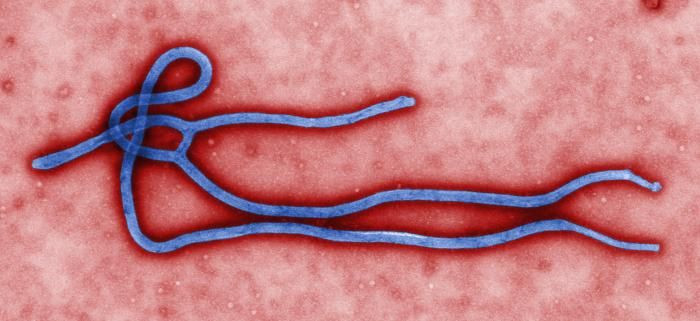Ebola-Hit Guinea To Trial 15-Minute Solar-Powered Test Kit

A revolutionary 15-minute test for treating Ebola will undergo trials in Guinea, announced the Pasteur Institute, a French medical research group. The test, which uses saliva and blood samples, will first be used at a treatment center in Conakry before being rolled out to the rest of the country.
The solar-powered laboratory comes in a portable, suitcase-like box and can test for the deadly disease six times faster than current methods, as well as reducing transmission of the virus. So far, the virus has killed 5,400 people, primarily in West Africa.
"A reliable, 15-minute test that can confirm cases of Ebola would be a key tool for effective management of the Ebola outbreak, allowing patients to be identified, isolated and cared for as soon as possible," Dr. Val Snewin, the international activities manager at the Wellcome Trust, told the BBC. "It not only gives patients a better chance of survival but it prevents transmission of the virus to other people.”
It is hoped that the test will improve the survival chances of victims and do away with hard-to-maintain laboratories that require samples to be kept at low temperatures for long periods. "This pilot study is particularly promising because researchers have considered how to make the test suitable for use in remote field hospitals, where resources such as electricity and cold storage are often in short supply," Snewin said.
The Pasteur Institute, which currently services Guinea from a base in Dakar, Senegal, will soon begin operating a center in Conkary, Guinea, that will assist in the fight against Ebola. "This center will durably reinforce infectious diseases capabilities of surveillance, detection and prevention in Guinea but also in all the subregion," Christian Bréchot, president of the institute, said. "It will also, and this is of utmost importance, enable the initiation of research programs and training of local human resources. In this regard, the support of the Pasteur Institute in Dakar that is still at the forefront of the current Ebola outbreak will be essential."
© Copyright IBTimes 2025. All rights reserved.






















